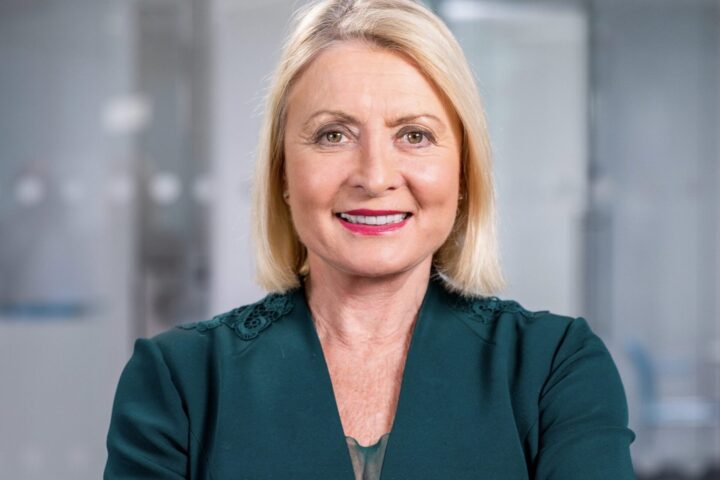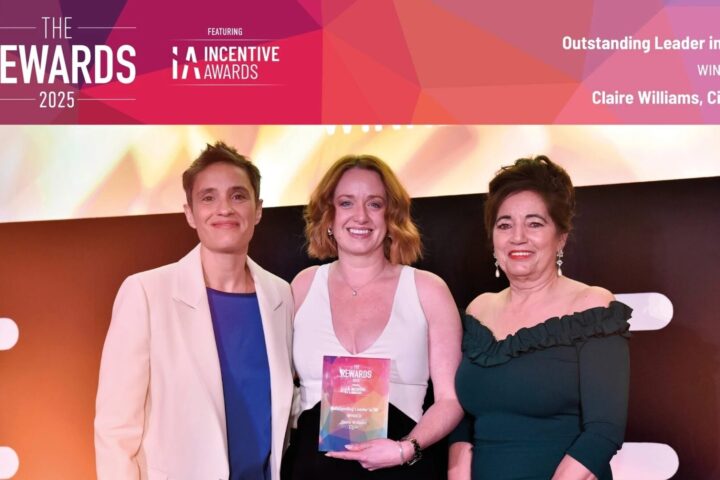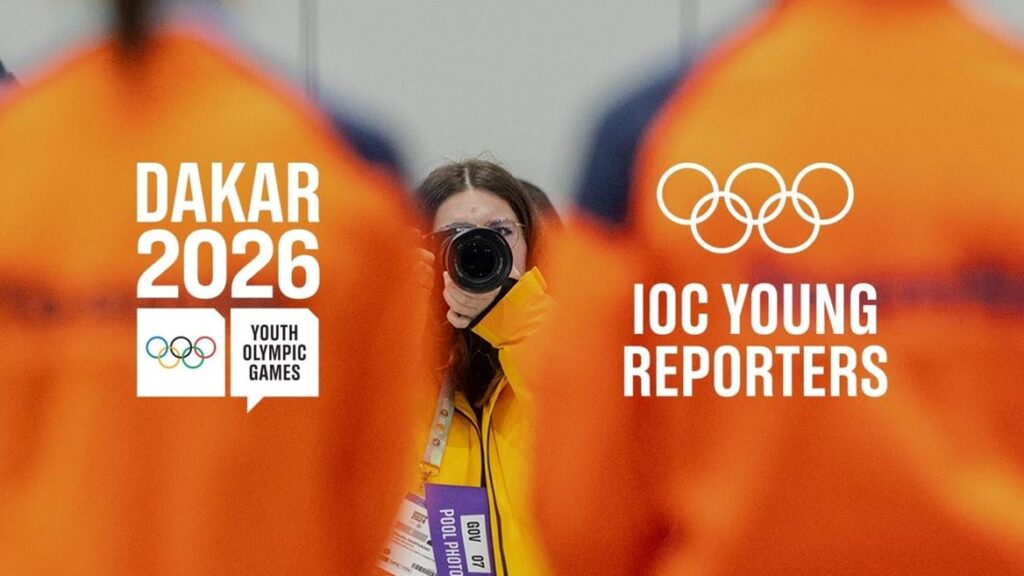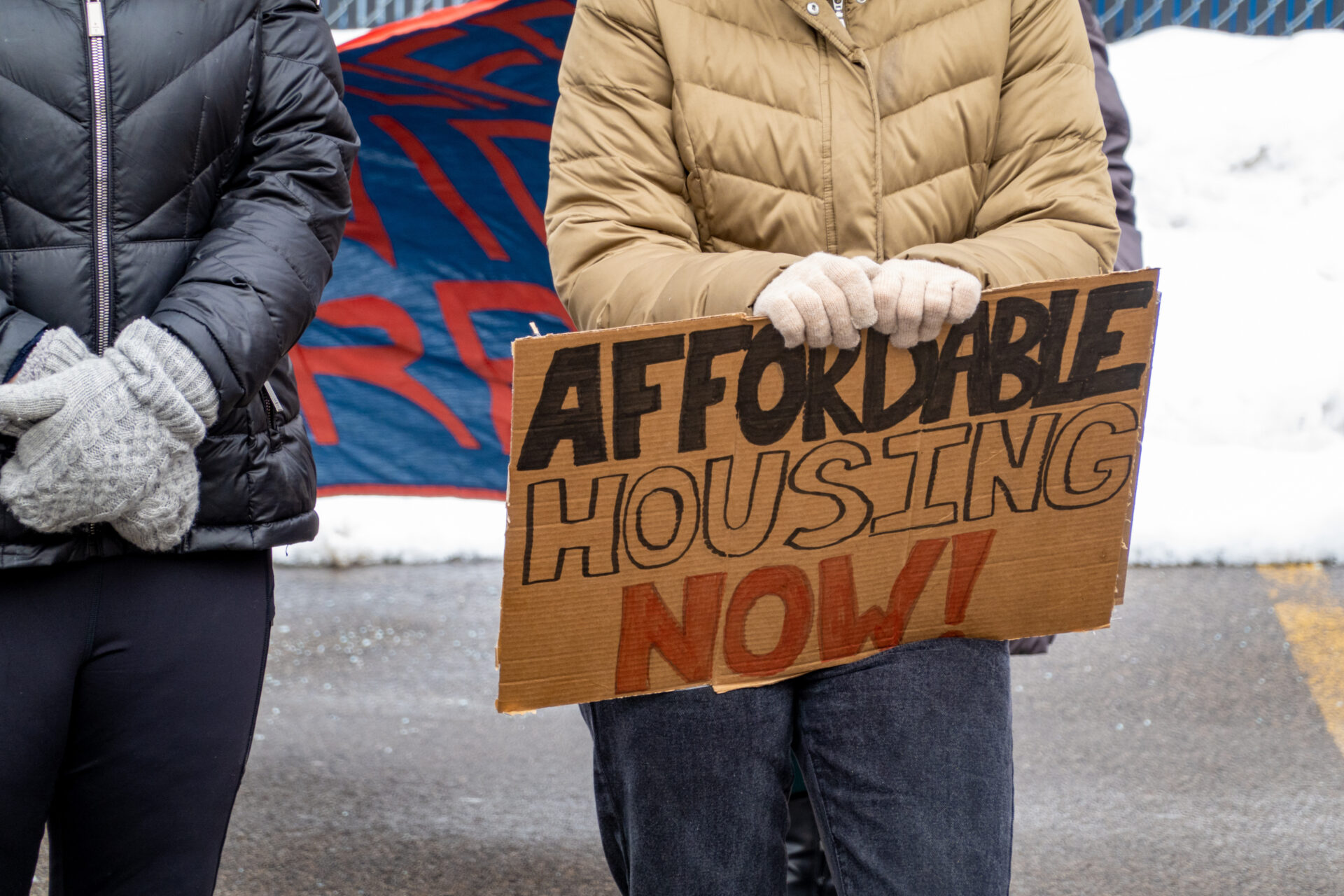Data from Women in Work (WiW) and LinkedIn showed 121 of the UK’s top 400 firms met gender equity standards in 2025, up 19% on last year.
The research looked at board representation, gender pay gap and whether firms publish their parental leave policies.
The report found that 232 companies had made their parental policies public, up 22% from last year.
Six more companies reported a mean or median hourly pay gap of less than 1%.
10 companies, including AG Barr, Biffa, Britvic Carlsberg, Diageo, GlaxoSmithKline, Lush Retail, Octopus Energy, Reckitt Benckiser, Rolls-Royce Holding and Spirax Sarco, topped the list for having equal executive boards, minimal pay gaps and transparent parental policies.
Additionally, the data showed that women are still missing out on top jobs.
When male CEOs leave, nine in 10 are replaced by men, but when female CEOs step down, it’s a 50/50 split.
LinkedIn data showed 75% of companies had fewer women in leadership than in their overall workforce.
Women’s career progress was seen to stall most between ages 30 and 50, when caregiving often increases.
The report found three main factors linked to more women in leadership roles.
Firms with over half their staff working remotely or in hybrid models saw a 1 to 2 percentage point rise in women leaders.
Companies where staff had taken career breaks for dependent care were 27% more likely to have gender-balanced or female-led teams.
Businesses with less gender segregation in roles were 5.8 percentage points more likely to have gender-balanced or female-led leadership.
In terms of sectors, the food and drink industry had the highest number of companies with pay gaps under 1%.
Insurance, electronics, fashion and beauty, and asset management had the most firms with boards made up of at least one-third women.
Telecoms and insurance had the highest rates of firms publishing parental policies, with over 90% making them public.
Mariella Frostrup, co-founder at WiW Summit, said: “Our second annual WiW GEM Report celebrates remarkable progress, showing that gender equity is not just achievable – it’s transformative, across any sector.
“Every company featured in our report is setting the standard, proving that workplaces can be fair, flexible, and genuinely supportive for all.
“At Women in Work, we call in those leading the way, confident that others will follow.”
Frostrup added: “And thanks to our partnership with LinkedIn, we now have clear evidence that breaking stereotypes, embracing real flexibility, and supporting caregiving directly drives female leadership.
“We know our work is far from done – and we will do everything we can to continue to shift the dial and make meaningful progress for women in the workplace.”
Sue Duke, VP, global public policy and managing director for EMEA and LATAM at LinkedIn, said: “Our partnership with Women in Work gives us a clear view of where progress stalls.
“Women are entering the workforce in equal numbers but remain blocked from advancing.
“CEO succession shows it starkly: when male CEOs step down, nine in ten successors are men, but when female CEOs leave, replacements split 50/50.”
Duke added: “The problem isn’t just the pipeline, women are qualified and ready.
“The issue is systemic barriers that hold them back, and that costs us all dearly.”
“We also see what helps break the cycle. Companies that embrace flexible work, support career breaks, and build mixed-gender teams are far more likely to have women in leadership.
“If more businesses took these steps, we could unlock billions a year for the UK economy, proving that equity is not only fair, but it also fuels growth.”
















